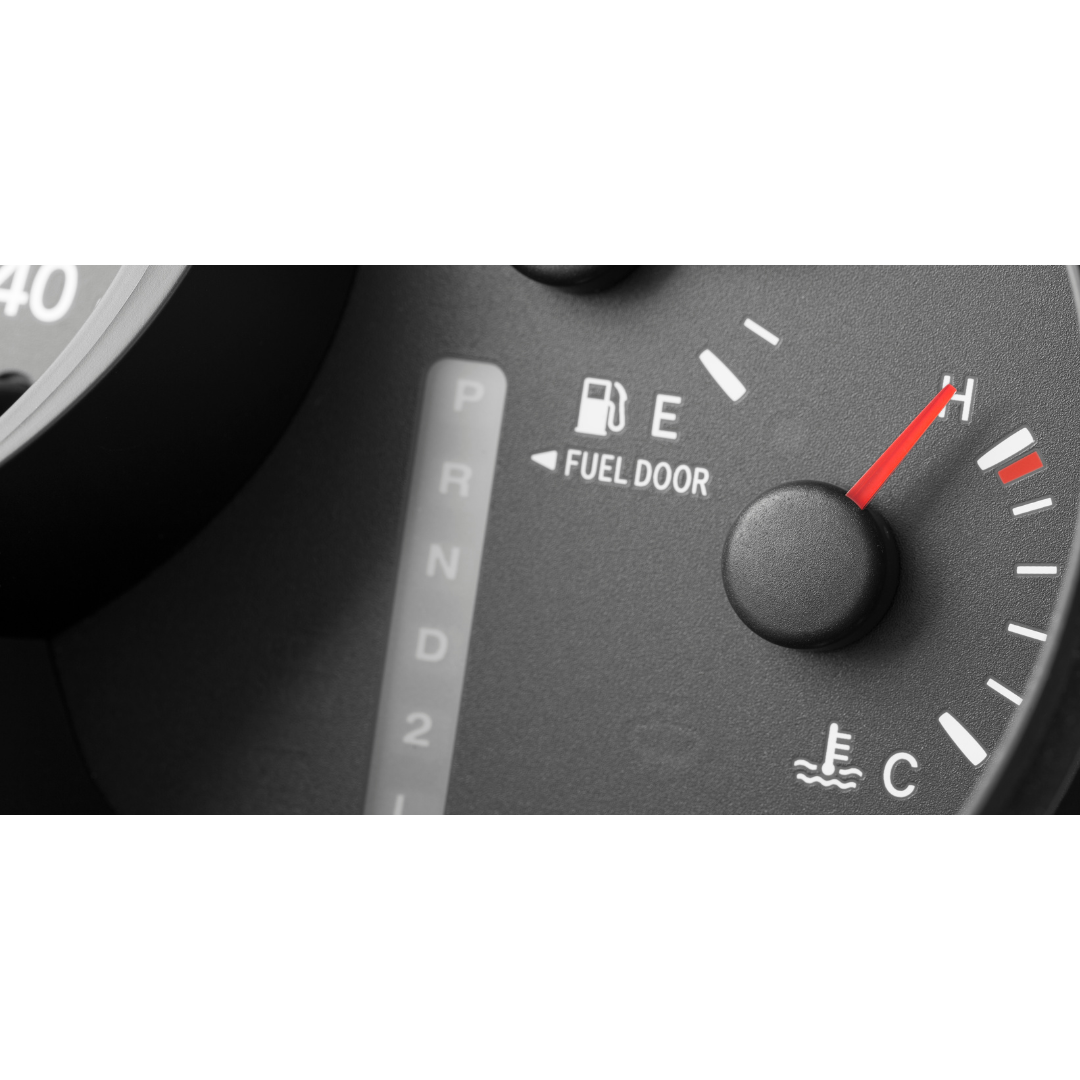Common Causes of Engine Overheating and How to Avoid Them
An overheating engine is one of the most serious problems your vehicle can experience. Ignoring the warning signs can lead to severe engine damage and expensive repairs. Fortunately, most cases of overheating are preventable with regular maintenance and a keen eye for early warning signs.
At AACME Auto, we help drivers identify and fix issues before they turn into costly problems. Here’s a look at the most common causes of engine overheating and tips on how to avoid them.
1. Low or Dirty Coolant
Coolant is responsible for keeping your engine at the right temperature. If your coolant is low, old, or contaminated, it can’t efficiently remove heat from the engine. Over time, this can cause your engine to overheat.
Prevention Tip: Check coolant levels regularly and have it flushed according to your manufacturer’s recommended schedule. AACME Auto offers professional coolant checks and flush services to keep your engine cool.
2. Malfunctioning Thermostat
The thermostat regulates the flow of coolant through your engine. A faulty thermostat can get stuck closed, preventing coolant circulation and causing your engine to overheat.
Prevention Tip: Pay attention to unusual temperature spikes on your dashboard. Regular inspections at AACME Auto can catch thermostat issues early.
3. Radiator Problems
A damaged or clogged radiator can’t properly cool engine fluid. Leaks, corrosion, or blockages in the radiator reduce its efficiency, leading to overheating.
Prevention Tip: Schedule periodic radiator inspections and cleanings. Our technicians at AACME Auto can diagnose and repair radiator issues before they become major problems.
4. Broken Water Pump
The water pump moves coolant throughout the engine. If it fails, the coolant can’t circulate, and the engine overheats quickly.
Prevention Tip: Listen for unusual noises like whining or grinding, which can indicate water pump problems. AACME Auto can replace faulty pumps with high-quality parts to prevent overheating.
5. Cooling Fan Failure
Modern cars rely on electric or belt-driven fans to help dissipate heat. If a fan stops working, especially in traffic or at low speeds, engine temperatures can rise rapidly.
Prevention Tip: Watch for overheating when idling. Our team at AACME Auto can inspect and repair cooling fans to keep your engine running safely.
How AACME Auto Helps
At AACME Auto, we provide comprehensive engine maintenance and repair services to prevent overheating:
With professional care, we help keep your engine operating at the right temperature and prevent costly breakdowns.
Schedule your engine maintenance with AACME Auto today.
Conclusion
Engine overheating can cause serious damage, but most cases are preventable. Low coolant, faulty thermostats, radiator issues, broken water pumps, and cooling fan failures are common culprits. By staying proactive with regular inspections and maintenance from AACME Auto, you can keep your engine running safely and efficiently.
Don’t wait until your car overheats—trust AACME Auto for reliable engine maintenance and repair services.
FAQs
1. How do I know if my engine is overheating?
Look for warning lights on your dashboard, a high-temperature gauge, steam from the hood, or a burning smell.
2. Can I drive if my engine overheats?
It’s not recommended. Stop the car immediately to prevent severe engine damage and call AACME Auto for assistance.
3. How often should I have my cooling system inspected?
It’s best to have your coolant, radiator, and related components checked during regular maintenance—typically every 12,000–15,000 miles. Learn more about why preventive car maintenance saves you money.


